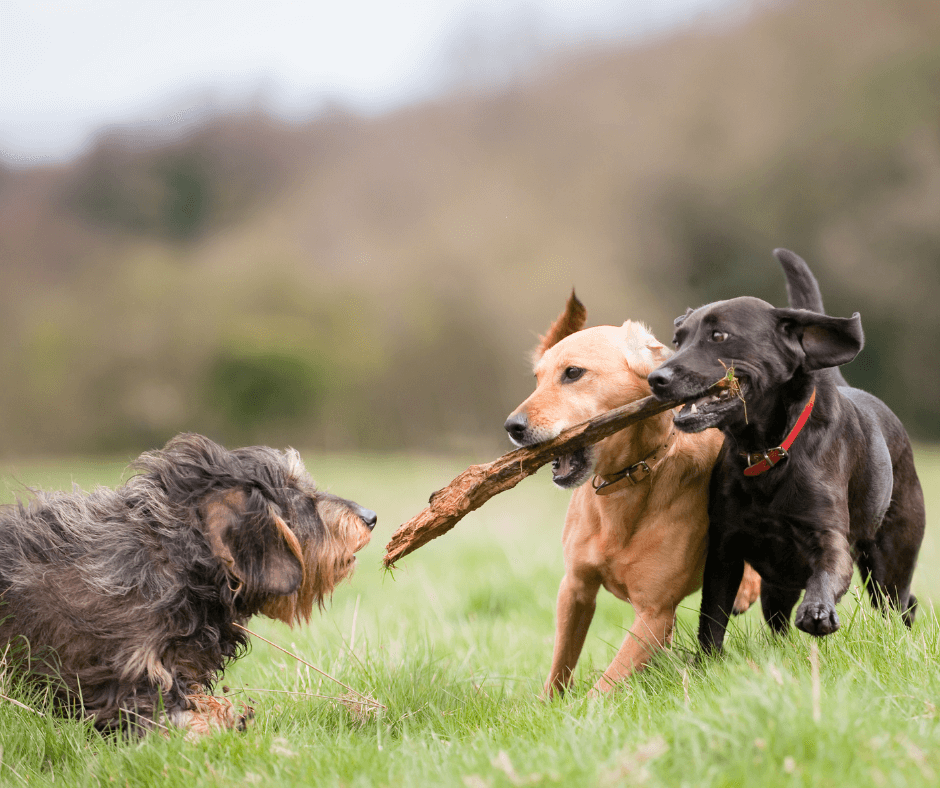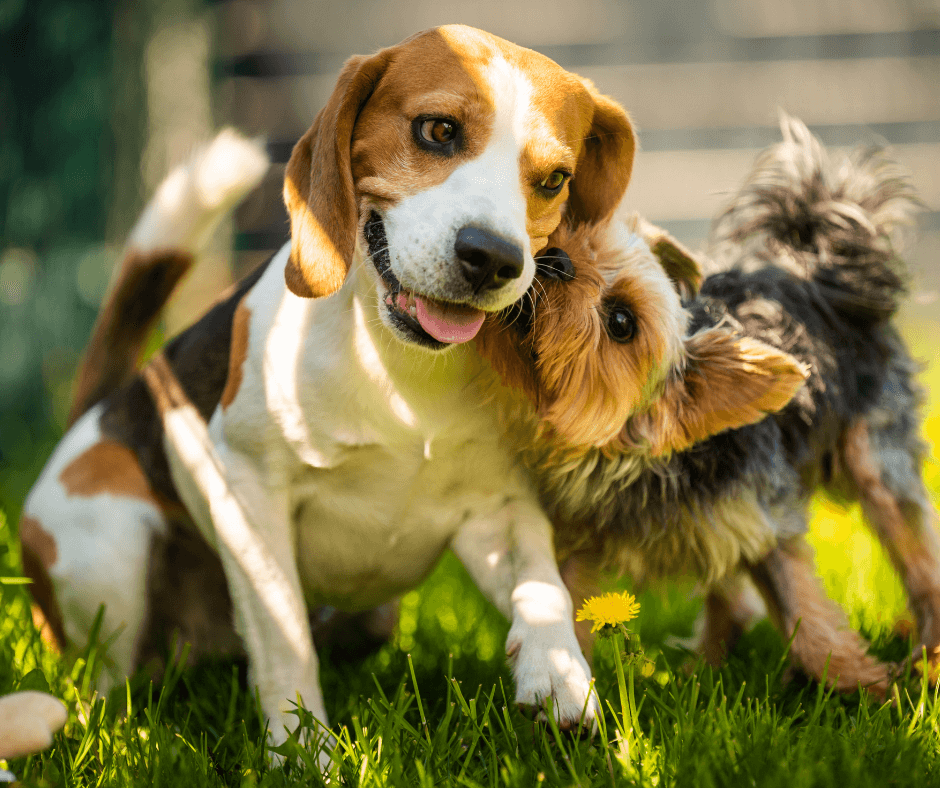The Low-Down on Dog Vaccination

Vaccinations are essential for puppies, and are a regular requirement throughout your dog’s life. Proven to be effective protection against nasty illnesses, vaccinations also prevent the spread of canine diseases like distemper, parvovirus and kennel cough. We give you the low-down on dog vaccination, and how keeping up with regular boosters can lead to the early detection of unrelated conditions, such as organ diseases, infections, teeth issues or parasite infestation.
Puppy Protection
Adopting a new puppy is an exciting, busy time. New puppy gear is purchased and the home is puppy-proofed to protect them against common household hazards. And then there are their vaccinations.
The Australian Veterinary Association advises three vaccinations for puppies. Maternally derived antibodies (MDA) vary from pup to pup, so they cannot be relied upon to protect a puppy, regardless of where they came from.
Their first vaccination should be at 6-8 weeks of age, with a booster 4-6 weeks later. Their third and final vaccination is at 16-18 weeks. Studies show that this last shot is more effective when given no earlier than 16 weeks of age.
Socialisation with other dogs needs to wait until a puppy is fully vaccinated. Two weeks after their final booster, a puppy is considered fully protected, and is safe to make new friends.
C3 and C5 Vaccines
In Australia, we have the C3 and C5 dog vaccinations. All dogs receive C3 vaccination, which is the core vaccination. It protects dogs against canine distemper virus, adenovirus and parvovirus.
Depending on location and lifestyle, a dog may also need the C5 vaccination. This additional vaccination protects them against kennel cough and leptospirosis. Your veterinarian will advise which vaccinations your dog needs.
If your dog will spend time in a kennel, they will need the C5. This vaccine protects them and other boarders from kennel cough, a respiratory virus that spreads quickly through boarding kennels. Leptospirosis can infect all animals and humans, particularly vermin such as mice and rats. It is spread through urine and infected bodies of water.
Australia is free of rabies, so the rabies vaccine is not necessary for dogs living in Australia.
The World Small Animal Veterinary Association does not recommend coronavirus vaccination for dogs.

Early Detection of Illnesses
According to veterinary science, dogs should receive a booster annually, with no longer than three years between shots. Regular vaccination of your dog will keep them protected, and under the care of your veterinarian. They will check your dog’s vitals and pick up symptoms that can lead to the early detection of other illnesses and conditions. Early detection means your veterinarian can deal with any health issues early, or prevent them developing altogether.
A healthy dog is a happy dog, and next to a happy dog is a happy dog guardian. Read What a Dog Wants for ways to give your dog the happiest life.
